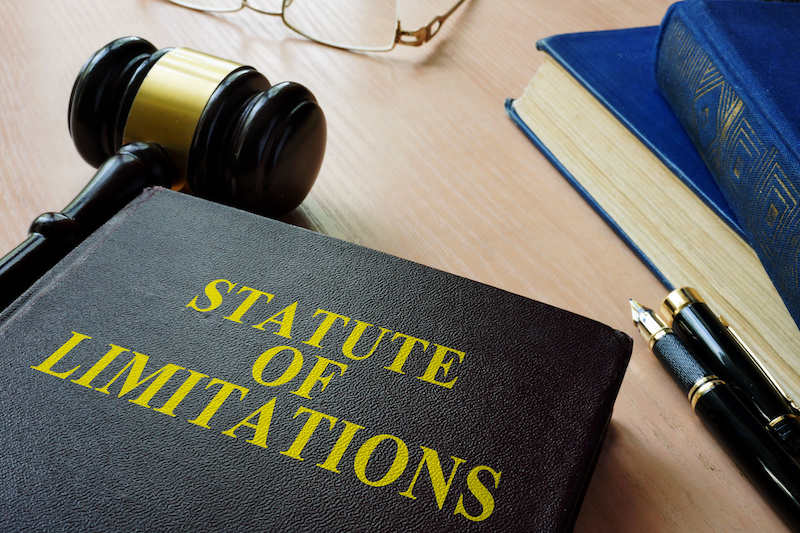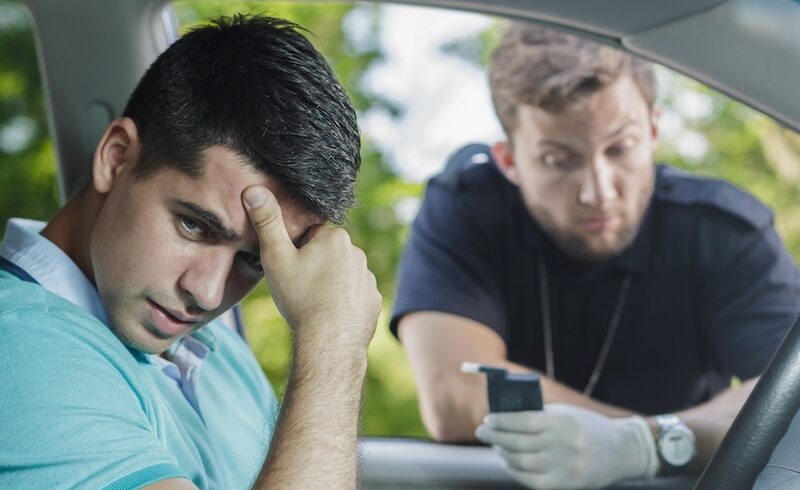
Police made more than 26,000 DUI arrests in Illinois during 2019. Ninety percent of drivers who got arrested for DUI lost their driving privileges.
It’s hard to defend yourself after you get arrested for drunk driving, but that doesn’t mean it’s impossible. One possible defense that many defendants don’t consider is the statute of limitations.
Still, many don’t even know what a statute of limitations is, or how it applies to a DUI. Here is a guide to help you with this little known defense strategy.
The Basics of the Statute of Limitations
A statute of limitations sets the maximum time a person can receive punishment for an offense. Some statutes run from the date an offense occurs, others run from the time the police discover an offense.
Each state has its own statute of limitations for driving under the influence. In Illinois, the statute varies depending on the nature of the crime.
For a misdemeanor DUI, the statute lasts 18 months from the time you drove drunk. Most first offenders get charged with a misdemeanor DUI. If the police fail to file charges before then, you may get the charges thrown out in court.
For a felony DUI, the statute lasts three years. Most repeat offenders get charged with a felony, and legal penalties can be very severe. The statute provides a clear defense that may get your charges dismissed.
A related law is the “speedy trial demand.” If you are in custody and you file for a speedy trial, you must receive one in 120 days.
If you are not in custody, the state must prepare a trial in 160 days. Your case can be dismissed if this law is broken.
Preparing a Defense
Avoid drinking while driving whenever possible. Do not drive even if you are buzzed or have only had one or two drinks. The police can arrest you for a DUI even if your blood alcohol level is low.
The state blood alcohol level is .08. It can take only three drinks for you to reach that level. Space your drinks out and eat food to slow the alcohol entering into your blood.
When you are pulled over, turn on your interior lights and shut your car off. Grab your driver’s license and insurance. Remain still until the police officer approaches you.
You must show your license and registration, and you must provide your full legal name if the officer asks for it. However, you do not have to answer any additional questions. Do not consent to searches of your person or your vehicle.
If an officer suspects you are under the influence, they will ask you to perform field sobriety tests. You are not required to perform these tests.
If you refuse a breathalyzer test, the state will suspend your license, but it will be harder for the state to prosecute you for a DUI.
If you are arrested, contact a lawyer immediately. Tell them when the arrest took place and what happened.
Answer all the questions your attorney asks you. Hand over any paperwork you have that can help you launch your defense. You can combine a statute of limitations defense with other defenses, so give your full cooperation.
Exceptions
Statute of limitations laws are not set in stone. Certain situations can influence statutes or increase your penalties.
As mentioned previously, prior DUI arrests will increase the charges. A third DUI arrest carries a felony weight, and the statute extends to three years. You can face up to seven years in prison for a third DUI offense.
If you kill someone in an accident, you can be charged with reckless homicide. The state of Illinois has no statute of limitations for reckless homicide, meaning the state can charge you at any time.
Your statute of limitations can stop if you leave the state. If you are facing another criminal proceeding, the state can also freeze your statute.
DUI for Marijuana
The state of Illinois has cracked down on driving while under the influence of marijuana. Marijuana is legal for recreational use, but you cannot drive while intoxicated.
The laws are very restrictive on driving while drugged. If you are impaired in any way, you can be found guilty of a DUI.
The THC level in your blood must be below 5ng/ml, which you can exceed in one cigarette. You cannot have any other substances in your body.
Avoid driving after you smoke marijuana. It does not matter if you take marijuana for medicinal purposes. If medical marijuana impairs your driving ability, you can have your medical card taken away.
Do not drink and smoke marijuana. One substance may not impair you, but the other can. Do not smoke synthetic marijuana or marijuana that has been mixed with other substances.
There is no difference in the statute of limitations between drinking and marijuana usage. Since marijuana is criminalized on a federal level, you can receive federal charges for transportation or drug use. The statutes for federal charges can be longer than state charges.
Defend Yourself
The police have many tools at their disposal to send you to jail, but you can mount defenses. One important one is the statute of limitations.
The police can arrest you for a misdemeanor DUI within eighteen months of your offense. They can arrest you for a felony within three years. If they do not charge you promptly, a judge can throw out your charges.
Get everything you need to mount a DUI defense. John M. Quinn & Associates, Ltd. has more than 20 years of experience in defending Illinois drivers. Contact us today or call us at 630-529-2000.


